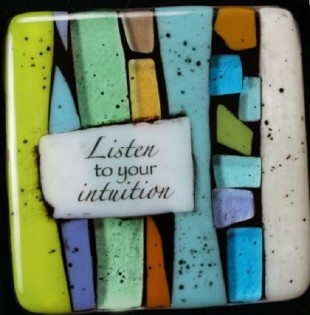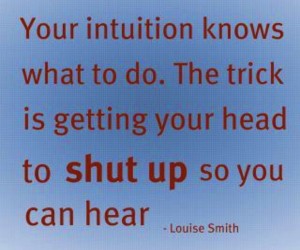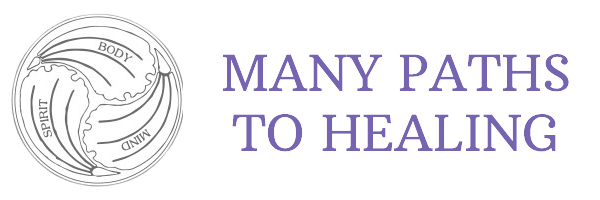 You know when you have a “sense” that something is not right? You can’t really put your finger on what exactly is wrong, but your “gut” tells you to pay attention to what is happening. This is what we call your intuition. When we are stressed or fearful, we often don’t pay attention to ourselves or our feelings. However, one of the most important tools you have particularly when facing illness is this inner voice. Within you is your inner healer. As Hippocrates said, “The greatest healing force is within you.”
You know when you have a “sense” that something is not right? You can’t really put your finger on what exactly is wrong, but your “gut” tells you to pay attention to what is happening. This is what we call your intuition. When we are stressed or fearful, we often don’t pay attention to ourselves or our feelings. However, one of the most important tools you have particularly when facing illness is this inner voice. Within you is your inner healer. As Hippocrates said, “The greatest healing force is within you.”
Using the power of available medical knowledge as well as your own intuition or internal awareness will help you become more aware of how you can take steps to further your own healing. When you are fearful, you may not trust your judgment , ability or decision making. By developing your intuition, you can become more confident of your decision making and problem solving ability. Some important facts about intuition are:
- Your body is an intuitive antenna. Pay attention to what your body is telling you. Even you may not know the cause of the ache or pain, do not discount it without some attention.
- Relaxation increases your ability to receive the intuitive pictures, images or symbols that the intuitive mind sends.Pay attention to first impressions. Although you may find they need correction with more information, do not just discount them outright.
- Honor your hunches and flashes and try to express your hunches concisely in a word or two. The intuitive mind is brief and simple and responds without lengthy discourse.
- Become aware of passive signals like flashes or actively probe for a reply. You can ask yourself a question and wait for a reply to come to you from within.Your intuition speaks in a quiet subtle voice and will gently nudge you to respond.
- Be playful and have fun enticing your intuitive self. Don’t overanalyze and make it a serious event. Fun and creativity strengthens the intuitive flow.
- You need both instinct and reason to make the best decisions for yourself both personally and professionally.
Our culture does not usually respect the concept that our “hunches” are based on facts that you may not be able to see or hear. Finding the balance between the logic of a situation and the instinct you have about it is the challenge. Honor that voice within you as you move forward in decision making towards healing.
Journaling may be a way to connect with your inner voice as well as just finding a quiet space to allow yourself to “hear” what your instinct is trying to communicate. Turn off that critical voice that communicates the negative, judging part of yourself to allow your inner self to be heard.

